A week ago, we brought it to you in our magazine article, in which we looked at what makes Android better than iOS. As we promised in the last article, we are also taking action and coming with an opposite view of the matter. At the outset, we can state that there was a time when there were huge differences between the Android and iOS operating systems, and in some things one or the other system was backward. Today, however, we have reached a stage where both systems have, above all, come closer to each other functionally. With a slight exaggeration, it can be said that for an ordinary user it may theoretically not matter which system he chooses. Despite this, however, there are differences that most smartphone owners will feel. In the following lines, we will focus on those features and functions in which iOS is better than Android.
It could be interest you
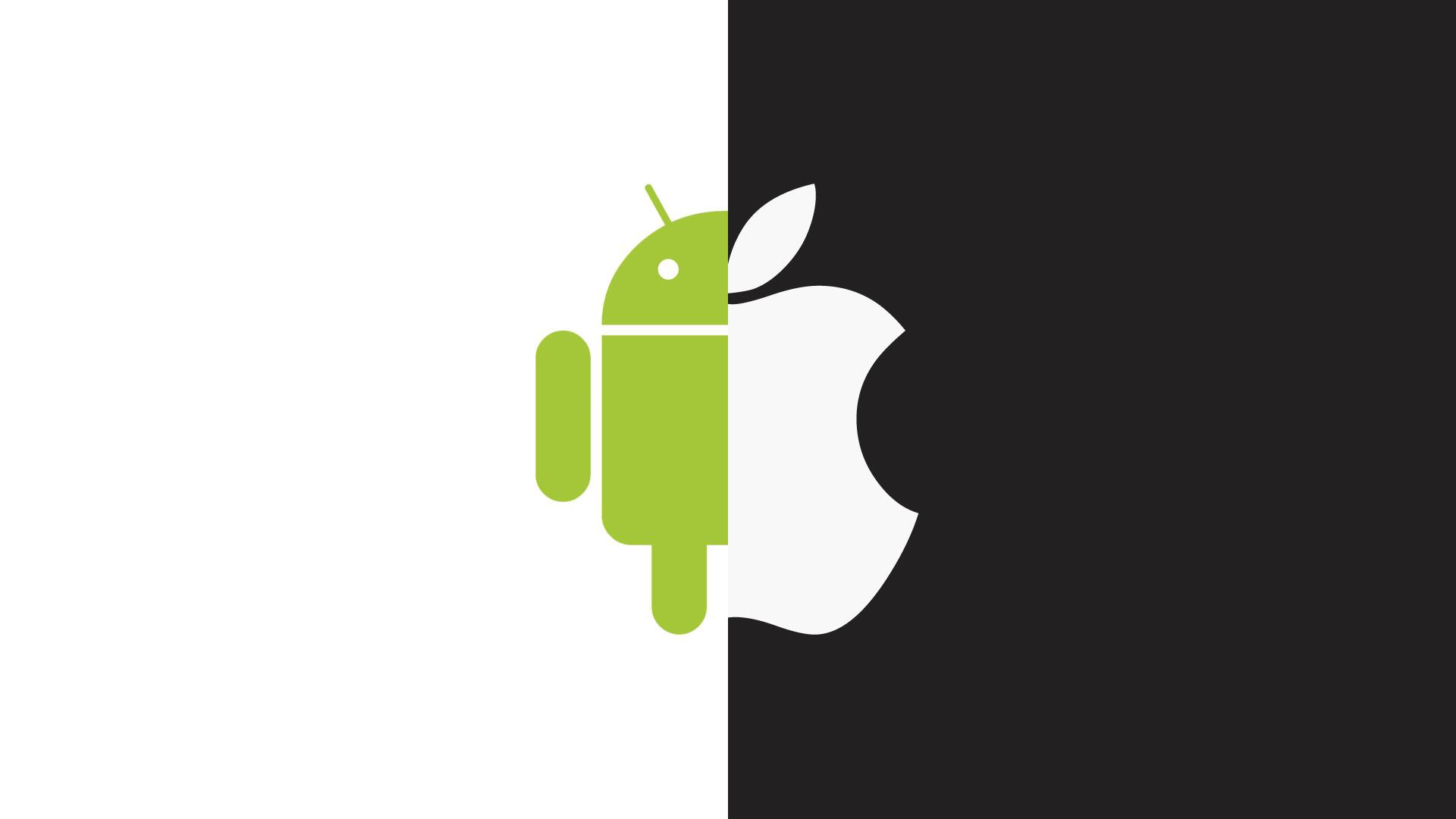
support
If you've been around the technology world for a long time, you know very well that Apple has been providing software updates to its customers for several long years. With Android, the biggest stumbling block is the fact that individual phone manufacturers do not have full control over the system, as Android is developed by Google. Support for phones usually does not exceed 2 years. The phone is then usable, but you won't get new features, and if a security hole appears in the Android version, in the vast majority of cases, unfortunately, the manufacturer of the given product will not do anything about it. While some might argue that phones that are more than 2 years old would be a good idea to buy a new one - but why should light or medium users who take a few photos a month, make occasional calls and occasionally use navigation? Such a product can easily serve them for 6 or more years without major problems. For example, the iPhone SE (2020), which you can get in the lowest configuration for almost 13 crowns, is more worthwhile for undemanding users than changing cheap Android phones every 000 years.
It could be interest you

Security
There is also another factor related to support and that is security. Not that Android phones have a problem with security, but at certain times manufacturers are not able to come up with high-quality biometric device protection. Apple came up with Face ID three years ago and gradually improved it practically to perfection, while with Android devices we still have it in 2020 the problem of finding such a device that would have such fast, reliable and at the same time secure facial recognition. On the other hand, I have to admit that Apple offers only one method of biometric authorization and has not come up with any innovation in fingerprint authentication. For example, Samsung already has a fingerprint reader in the display - so Android devices have the upper hand here.
An interconnected ecosystem
It is clear to me that after reading this title, many of you will argue that you can use exactly the same functions offered by Apple's ecosystem on competing products. I agree with you to a certain extent - I've used a Windows computer, an iPhone and an Android phone for a very long time, and I've been able to test that Microsoft has done a lot of work in cooperation with Google. But the moment you start using Apple's ecosystem to the fullest, you'll find that you just don't want to leave it, and it's definitely not because it's complicated to transfer all the data. But the reason is that Apple has it perfectly developed and everything here is simply, but at the same time effectively thought out. Basically, immediately after buying a new device and logging in, you can quickly use everything without unnecessary setup, and if for some reason, like me, some native applications do not suit you, you just need to install third-party software that you used on Windows or Android. Apple doesn't force you to use the ecosystem, but over time you'll get extremely used to Handoff, calling from an iPad or Mac, and much more.
It could be interest you
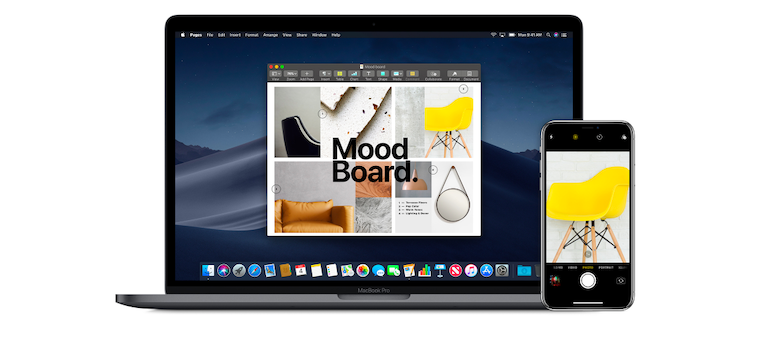
Privacy
Recently, Google has made significant efforts to enable you to disable all spy functions. Apple then confirmed that there was some collection of user data - in this day and age it would be quite naive to think otherwise. Nevertheless, the difference in the functioning of Apple and Google is noticeable. Google collects data for the purpose of providing advertisements and relevant content. Surely you have ever found yourself in a situation where you were talking about a product with a friend and you searched for it. The next day, you then turned on the Internet and practically everywhere there were ads for the product in question. Apple leads its marketing in the opposite direction - it is not so important to advertise, but that the user buys apple products and subscribes to apple services. Don't think that Apple is a benevolent company that cares so much about the comfort of its customers, but it aims its advertising and data collection in a slightly different direction.
Apple posted such a billboard before the start of CES 2019:

Quality components
In the past, phones were only used for making calls, but today you have countless options for what you can do with them. Whether it is navigating, taking photos, consuming content in the form of social networks, or handling correspondence. For comfortable use, however, you need a high-quality display, speakers, cameras and other components. Of course, other manufacturers are also innovating, and you can often find a phone with better equipment than the iPhone itself, but in most cases, Apple catches up with or even surpasses other innovators with a new model. By purchasing an iPhone, you will certainly be ventilating your wallet a lot, but on the other hand, you will ensure a quality guarantee for a long time to come.
It could be interest you
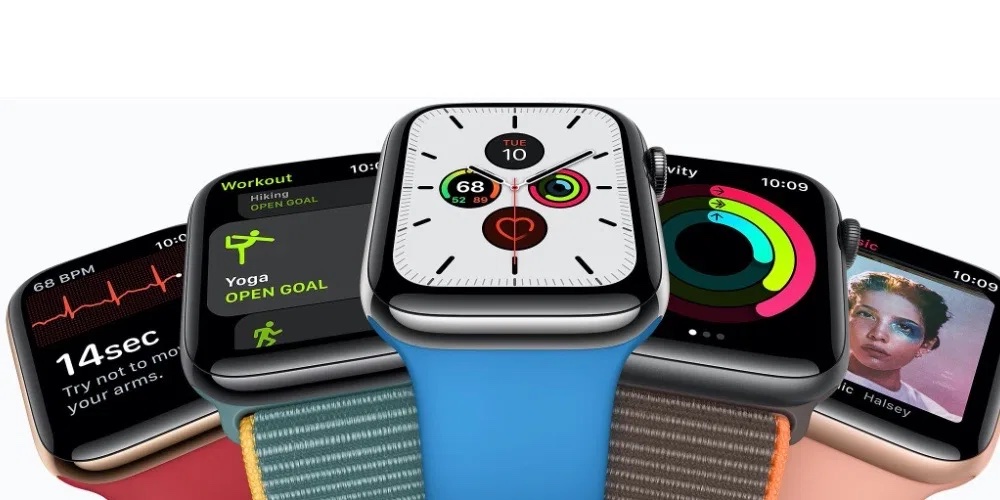
Source: Recenzatetesty.cz
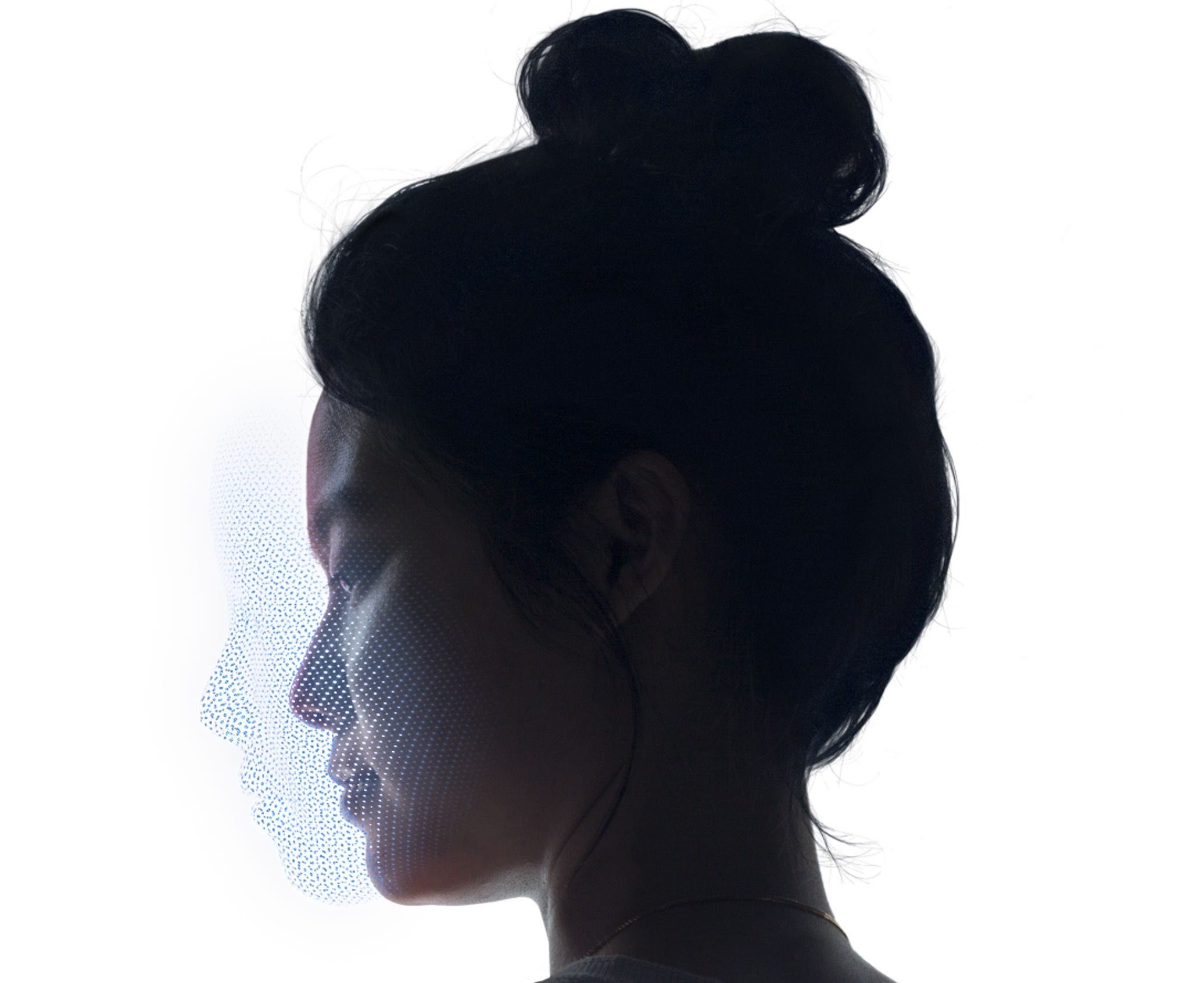

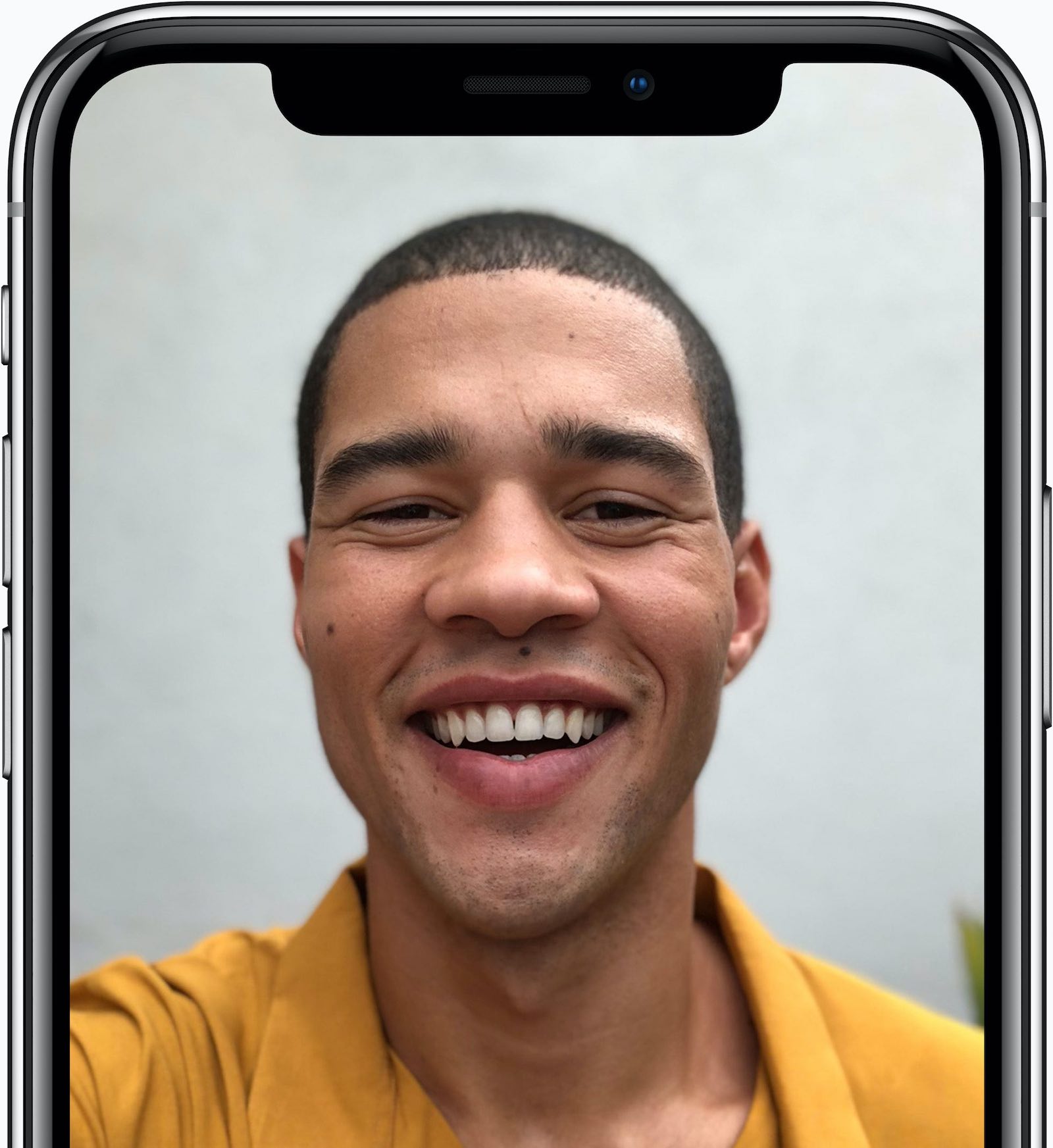


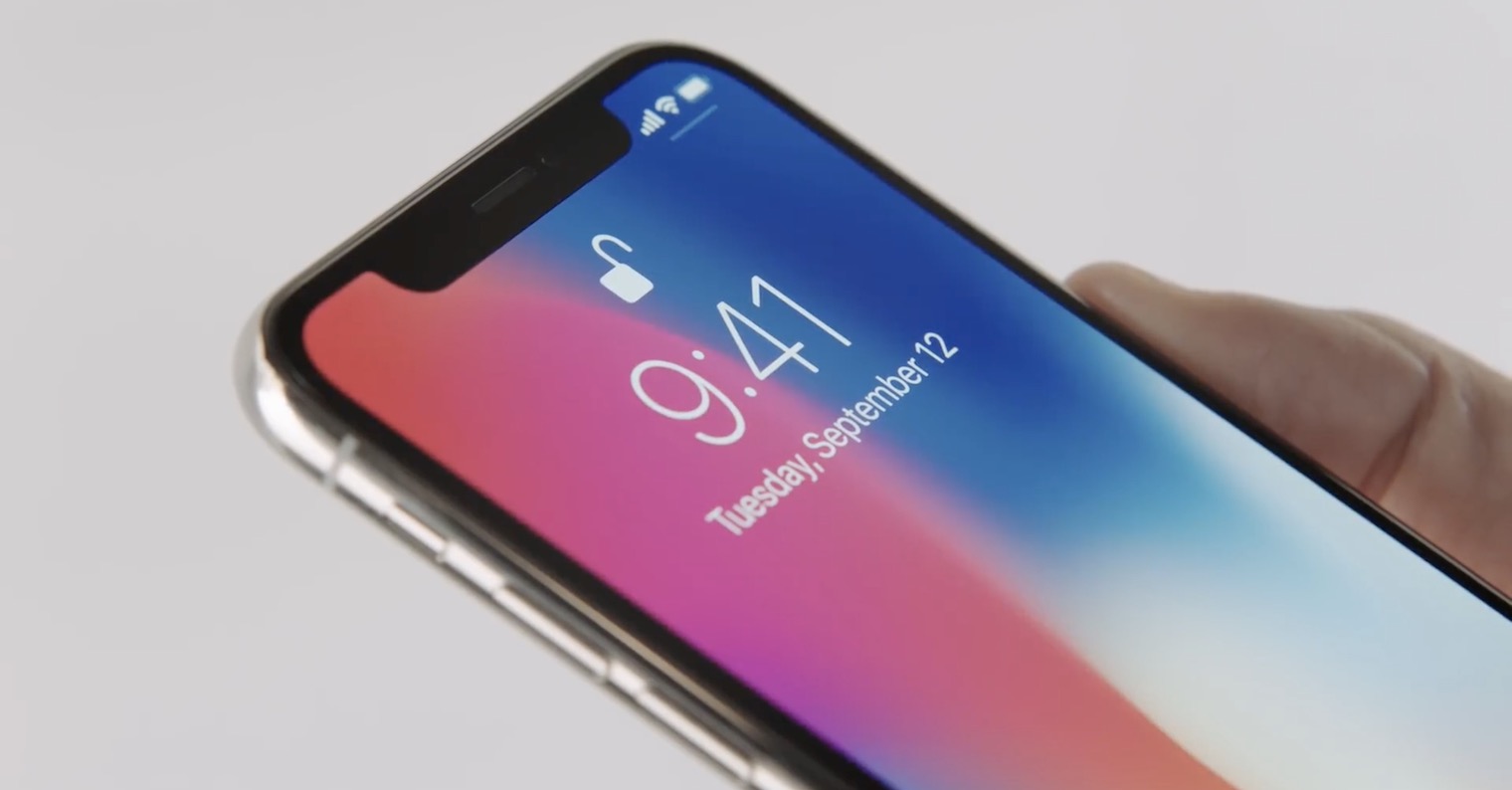

I think FaceID is more of a rage these days and a functional fingerprint sensor would be nice.
3.5 years ago, I switched from Android to iOS, but never when I was on the Internet in Android did I get any advertising windows in my browser like on iOS, which I always have to close every time I open a new page, it's pretty annoying
Exactly the same thing happens in android. They are already really annoying with those complaints.